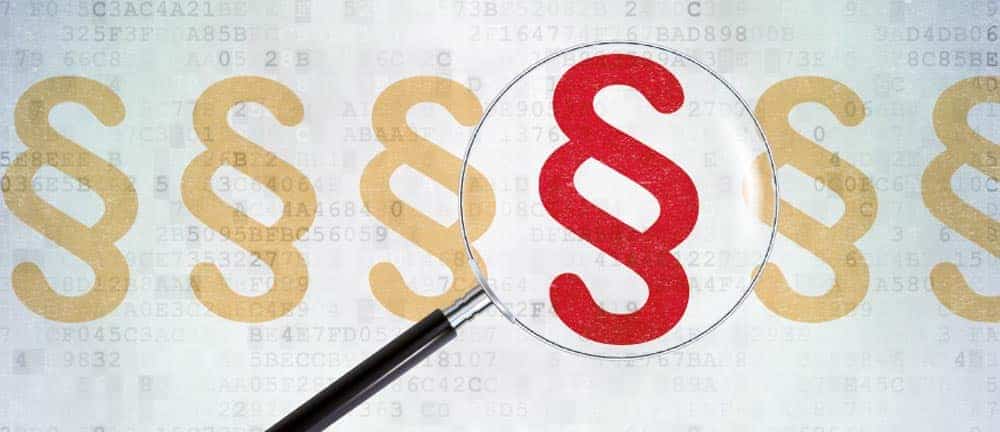Order-to-Cash, Procure-to-Pay, Static Read - new licensing policy confuses users


We can still show greater empathy for you," the SAP CEO promised. The dictionary describes the term empathy as "the willingness and ability to empathize with the attitudes of others. In other words, SAP wants to listen to its customers, develop and improve. This was immediately followed by the announcement of simplified license fees ("And today I announce simplified pricing").
Broadly speaking, license fees for indirect use are now to be calculated on the basis of orders - admittedly only in certain constellations - and then no longer via defined users as usual. This is to apply in any case if users of third-party applications are not employees of the SAP customer, but end customers, for example.
It looks like the new pricing is intended to cover everything that could not be collected with user types such as "NetWeaver Foundation for Third Party Applications" because too many customers reject it. With what justification does a customer have to pay SAP separate license fees when a consumer places an order in a third-party system - when all users of the SAP system already have licenses?
By the way, the latest PKL still comprises 202 pages and regulations such as the "NetWeaver Foundation for Third Party Applications" can still be found in it - one searches in vain for "simplified pricing". A rascal who thinks evil of this.
Numerous exceptions
Bill McDermott also said in May 2017, "Static Read access in third party systems is your data." For a moment, it was believed that the promise of simplification and empathy might now find its way into SAP's licensing policy after all.
In the meantime, there are clear indications that there are to be numerous exceptions to this principle and that, for example, in various constellations the SAP customer is also (still) to pay for the pure export of data out of SAP, mind you data that he has generated himself, by purchasing additional licenses.
It is undisputed that SAP, as a manufacturer, has legitimate interests in reasonable compensation for its advanced software products and that some users are sometimes underlicensed without justification.
SAP should realize, however, that license fees cannot be demanded limitlessly and umpteen times for the same actions; a legitimate connecting factor for a license obligation is required. Users are entitled to use the software as intended.
Incidentally, it may be doubted that SAP will be more successful economically with the current licensing policy than with a clear commitment to fair, transparent and legally resilient terms.
A Waterloo for SAP
The balancing of ever new limits for the license obligation, the ever more intensive interference in the sphere of the customer and the cold demand for participation in the exchange of data in networked systems, not only appears legally questionable in various places, but also deters many customers from making new investments.
In our consulting practice, we are noticing a clear increase in the willingness to resist certain SAP demands.
In the end, we fortunately still live in a constitutional state and not in an autocracy where only the law of the strongest applies. Our valuable and important automotive industry is currently experiencing the pain of having to bear this in mind sooner rather than later.
For SAP, now could still be the time to rethink, and to take a clear departure from previous positions, especially on indirect use. Otherwise, there is a risk that the issue could become a real Waterloo for SAP, both legally and economically.






